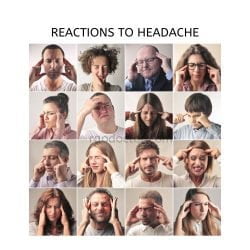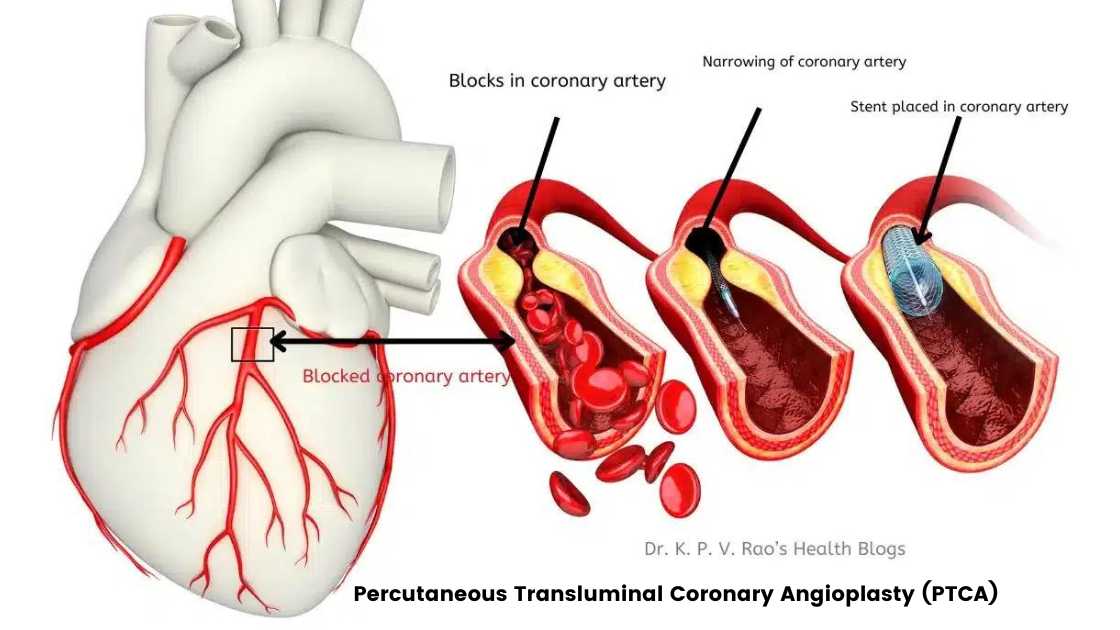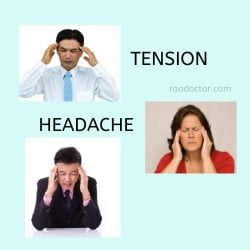
Everyone gets headaches from time to time, and for many people they’re a regular part of life. For example, about 40% of adults get frequent headaches, and for one in five people these are so frequent that they are considered chronic. In this blog post, you will learn everything you need to know about headaches. What causes them? What can you do to ease the pain? And how can you prevent them from happening again? Read on to find out…
Table of Contents
LISTEN TO THIS BLOGPOST–
What is a headache?
A headache is a pain or discomfort in your head. Headaches can last from a few hours to several weeks, and can be a result of many things, such as stress, poor diet, or too little sleep. There are many types of headaches – the most common being tension headaches and migraine headaches. Let’s see briefly what they are-
Tension headaches
Tension headaches happen when the muscles in your head and neck become tight or stressed. Stress can make muscles tense, which can lead to a tension headache. Many people get these headaches once in a while, but some people get them often.
They can happen at any time, but they’re more likely to happen when you’re stressed or have been doing something that requires a lot of focus, like reading, writing or working on a computer.
They’re also more common in people who have jobs that involve a lot of mental strain, such as teachers, students and doctors.
[responsivevoice_button]
Migraine headaches
Migraine headaches are different from regular headaches in that they tend to be more severe. Migraines also have other symptoms, such as nausea, dizziness, or sensitivity to light.
Migraine headaches are caused by changes in the chemicals that are released by nerves in your brain. Those chemicals are called chemicals.
They’re released in greater amounts when you’re stressed, tired, or hungry. Certain foods can also trigger headaches in people with migraines, such as chocolate and red wine.
Cluster headache
A rare type of headache that often affects both sides of the head at once. It causes severe pain, often described as excruciating, stabbing or piercing.
It can last for hours or days, and episodes often occur on the same day every month. It is not known what actually causes cluster headaches, although there are several theories.
Temporal arteritis
Temporal arteritis is an inflammatory condition of the arteries in the temporal region of the skull and one of its symptoms is persistent headache. It may occur in any age group but is most common in elderly individuals.
It is associated with polymyalgia rheumatica, a condition that causes joint pain and stiffness. It is treated with steroids to control inflammation.
Chronic headache disorders
There are many types of headache disorders that can happen regularly, or even daily. These are usually due to a combination of multiple factors, but one of the biggest causes is stress. Some other common causes of chronic headaches include allergies, lack of sleep, poor diet, hypertension and more.
Finding the cause of your headaches
If you get headaches often, then it’s really important to figure out what’s triggering these headaches. If you can identify the cause and find ways to avoid it, you’ll be able to get rid of those headaches.
To figure out what’s causing your headaches, start by writing down when they happen, how often they happen, and what happens right before they happen. This will help you to identify patterns.
How to treat headaches and ease the pain
There are several ways to treat headaches and ease the pain, depending on what type of headache you have. Some of the most common ways to treat headaches include getting enough sleep, eating well, exercising, and drinking plenty of water.
Alternatively, if the above methods fail, and if your headache is severe, you may consider taking these medications or visit your doctor-
- Nimesulide– e.g., Nicip, Nise
- Diclofenac– e.g., Voveran, Dicloran
- Aspirin-e.g., Disprin
- Tramadol– e.g., Ultracet
These medicines can be purchased online with a valid prescription from your doctor here- TATA 1mg
Prevention is key
Headaches can be debilitating and painful, and the best way to avoid them is to prevent them from happening in the first place. To prevent headaches, you want to pay attention to your lifestyle and diet.
Make sure you get enough sleep, eat a balanced diet high in fruits and veggies, and reduce your stress level whenever possible.
Final Words
Headaches can be very painful – but they don’t have to be! By understanding what causes headaches and how they can be treated, you can prevent them from happening or treat them as soon as they start.
If you follow these tips, you will be well on your way to a headache-free life. In my subsequent articles, I will describe the various types of headaches mentioned above in detail. So, please stay tuned in for my next post.
Useful Resources-
Disclosure-
This article contains links that give the author a small commission if a purchase is made using the link advertisement, without any extra charges to the purchaser.




